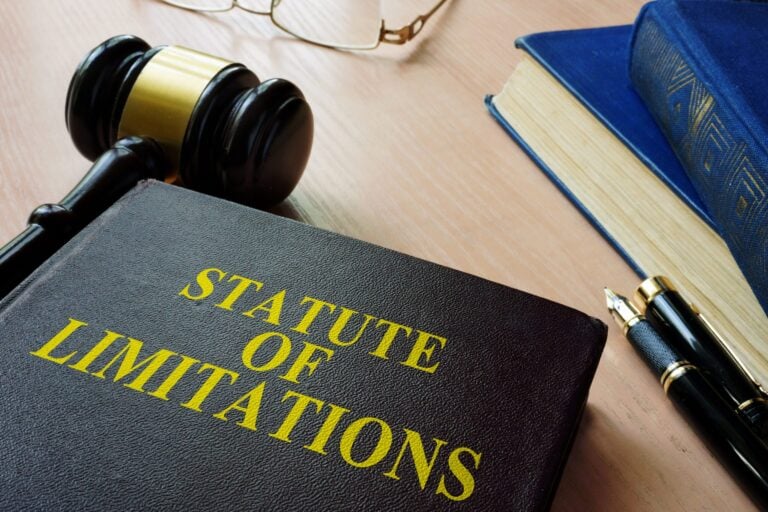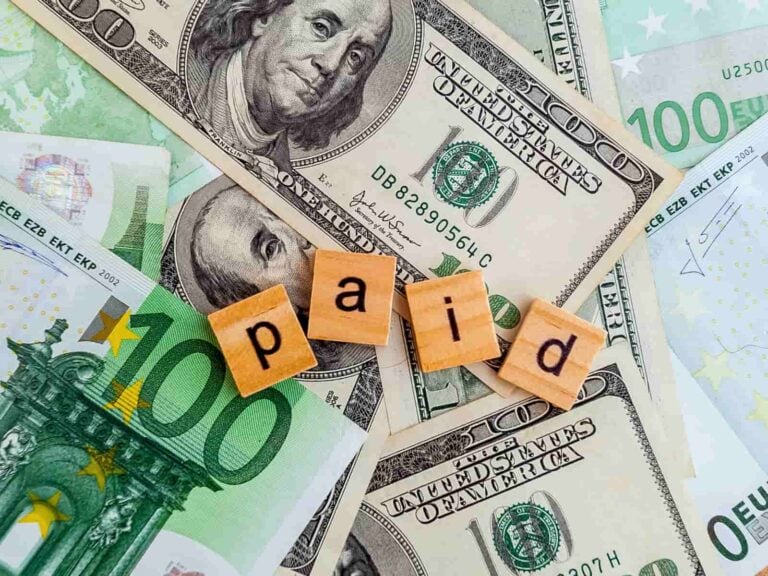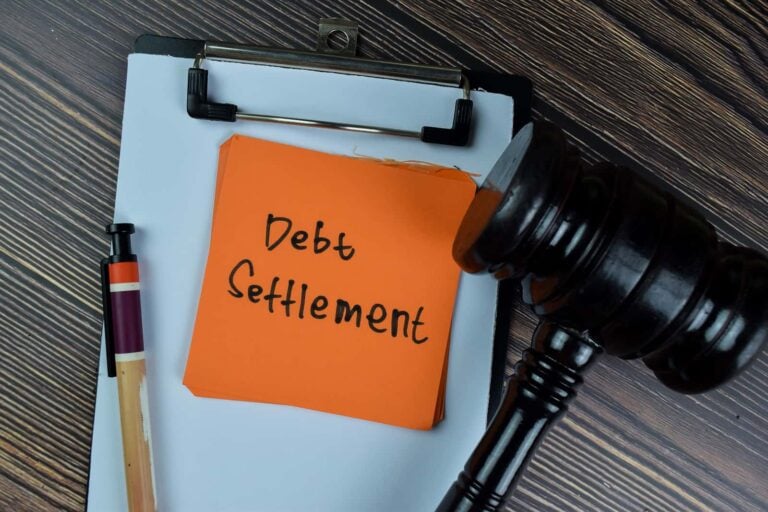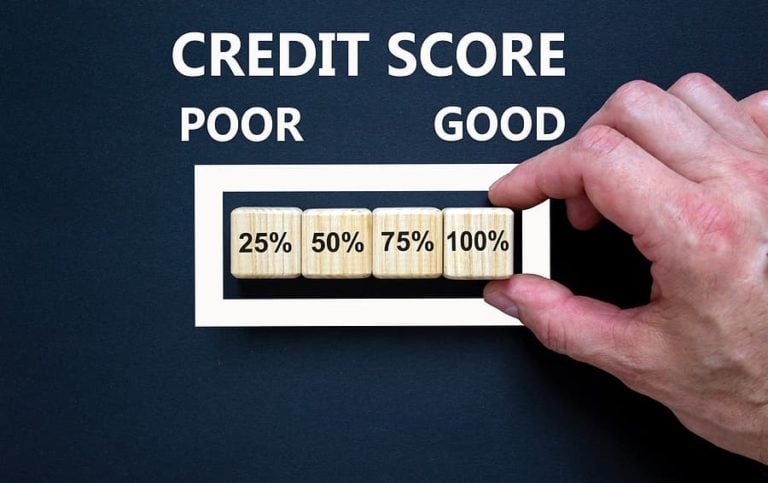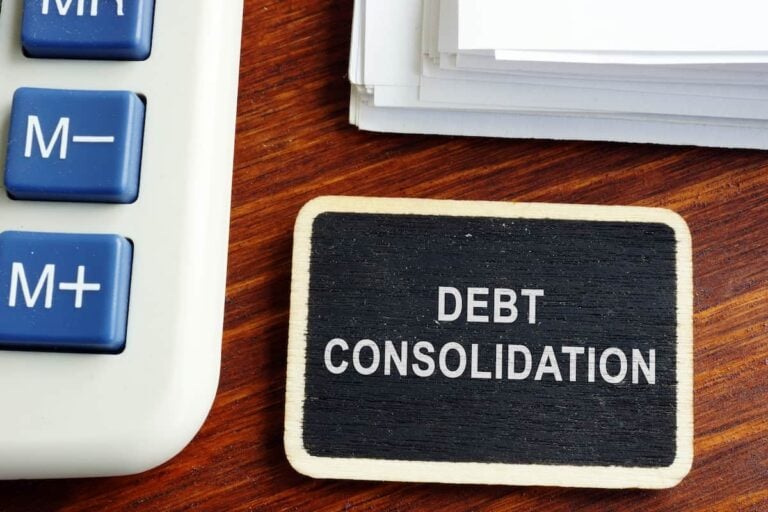According to a recent report compiled by the Consumer Financial Protection Bureau, nearly half of all military complaints (46%) involve debt collection efforts. In contrast, debt collection only makes up about 26% of complaints by all consumers.
In other words, military members are more at-risk of experiencing adverse debt collection tactics.
If you’re a current or former military member, then you know just how frustrating debt collection attempts can feel. This is especially true in situations where military and veteran debt relief programs should be in place, but they aren’t.
Too many military members are held to a greater financial standard than average Americans. They’re more at-risk for debt collection harassment, their active military careers can be hindered by debt, and they can even lose their coveted security clearance status when they fail to pay off a debt. These troubles don’t end once a military member becomes a veteran, either.
The good news is that there are financial programs that can help. Learn everything you need to know below.
Veteran Debt Relief
Veterans Affairs (VA) loans play a significant role in the overall landscape of veteran debt, yet they remain commonly misunderstood. VA loans make it easier for military members, veterans and their families to become homeowners, with the VA guaranteeing up to 25% of the loan amount while placing restrictions on what degree of fees banks can charge, making these loans more affordable.
Importantly, when members of the military run into financial trouble, if they already have a VA home mortgage, they can leverage a VA loan to qualify for a Military Debt Consolidation Loan (MDCL) ranging up to the appraised value of their home.
Advantages of MDCLs include lower interest rates and closing costs than are charged in typical debt consolidation loans to ordinary civilians, along with a wide range of repayment terms often stretching as long as thirty years.
MDCLs also are a form of “cash out” loans, meaning that they are a form of refinancing that involves a greater loan amount than the current level of debt, resulting in the opportunity to utilize excess cash to pay off credit cards, medical bills and other forms of unsecured debt.
An important drawback to MDCLs, however, is that they are secured loans collateralized by home equity, effectively taking unsecured debts and converting them into a form of secured debt. With a dwelling now serving as collateral, it can unfortunately be seized in the event of default.
There also are closing costs involved in taking the loan, and there can be a prepayment penalty and/or balloon payment, depending upon the lender. However, owing to the Uniform Code of Military Justice Article 134, which sets rules for “unbecoming behavior” among military personnel, the practical benefits of MDCLs often outweigh these negative considerations.
Military personnel must have their financial house in order so as not to appear untrustworthy, lacking in judgment and potentially susceptible to instances of bribery – hence, the wrong financial profile often can lead to a loss of security clearance that hampers job advancement and higher pay.
Veteran Debt Consolidation
When considering various veteran debt relief options, veteran debt consolidation certainly resides near the top of the list. Qualifying for an MDCL loan is also easier than qualifying for conventional debt consolidation loans.
Veteran debt consolidation offers several advantages over traditional debt consolidation, depending on the financial institution, with a lower credit score requirement and debt to income ratio standard commonly in place.
Banks and lenders dealing in VA loans also are limited by the amount of closing costs that they can charge. Meantime, for military personnel and veterans who are not homeowners or otherwise do not qualify for veteran debt consolidation, the option of debt settlement remains a viable form of veteran debt relief.
Debt settlement takes place when a debtor successfully negotiates a payoff amount for less than the total balance owed. Debt settlement typically focuses on unsecured debt, including unsecured debts owed to the VA.
Veterans can pursue debt settlement with veteran-specific credit cards that include Chase military credit cards; Army, Navy and Air Force Federal Credit Union credit cards; and Visa Veteran credit cards.
Veteran Debt Relief Grants
Veterans who are struggling to make ends meet following a tour of active duty have access to a variety of veteran debt relief grants that can be useful. USA Cares has helped over 100,000 veteran families to keep their homes through allocating over $10 million in grants to veterans burdened with PTSD, unemployment and the possibility of foreclosure.
Other organizations that provide financial assistance to veterans include The Coalition to Salute American Heroes and Operation First Response, both of which help with foreclosure and eviction situations while providing funding for basic necessities related to auto loan payments, food and utility bills. The American Legion also provides cash grants for veteran families requiring assistance with food, shelter and health expenses.
Is there credit card debt forgiveness for disabled veterans?
The Veterans Administration extended debt relief to veterans adversely impacted by COVID-19 through the end of 2020 and will not pursue collections on VA related debts. Meantime, the Trump administration, through the Total and Permanent Disability (TPD) Discharge automatically forgave student loan debt for over 25,000 disabled veterans. However, when it comes to credit card debt forgiveness, no such program exists for disabled veterans, and it becomes a matter of individual credit card issuers deciding whether to grant hardship debt relief to veterans who ask for it.
Military Debt Relief Programs
Military Debt Consolidation Loans (MDCLs) offer lower interest rates and closing costs than are charged in typical debt consolidation loans to ordinary civilians, along with a wide range of repayment terms often stretching for as long as thirty years. MDCLs also are a form of “cash out” loans, meaning that they are a form of refinancing that involves a greater loan amount than the current level of debt, resulting in the opportunity to utilize excess cash to pay off credit cards, medical bills and other forms of unsecured debt. Veteran debt consolidation offers several advantages over traditional debt consolidation, depending on the financial institution, with a lower credit score requirement and debt to income ratio standard commonly in place.
Where to get military debt relief?
There are a number of military debt relief programs available to those who have served our country and continue to do so. Veterans Affairs (VA) loans, make it easier for military members, veterans and their families to become homeowners, with the VA guaranteeing up to 25% of the loan amount while placing restrictions on what degree of fees banks can charge, making these loans more affordable. Importantly, when members of the military run into financial trouble, if they already have a VA home mortgage, they can leverage a VA loan to qualify for a Military Debt Consolidation Loan (MDCL) ranging up to the appraised value of their home.
What are veteran debt relief grants?
Veterans have access to a variety of veteran debt relief grants that can be useful. USA Cares has helped over 100,000 veteran families to keep their homes through allocating over $10 million in grants to veterans burdened with PTSD, unemployment and the possibility of foreclosure.The Coalition to Salute American Heroes and Operation First Response each offer veteran debt relief grants that help with foreclosure and eviction situations and provide funding for basic necessities related to auto loan payments, food and utility bills. The American Legion also provides cash grants for veteran families requiring assistance with food, shelter and health expenses.
Military and Veteran Debt Relief FAQs
The above military and veteran debt relief methods are all helpful, but you might still have more questions. This is especially true if your VA debts have been paused throughout the height of the pandemic. On October 1, 2021, collections for VA debts restarted. With that in mind, the time to get informed is now. Get answers to some of the most frequently asked questions regarding VA debt below.
What is VA Debt Relief?
To understand what VA debt relief is, you first need to understand how you accrued VA debt. VA stands for Veterans Affairs, which is an organization that’s responsible for administering benefits to veterans, their families, and survivors. If you were overpaid specific benefits or you owed a copay upon receiving those benefits, then you’ll owe the VA a debt.
If you are a veteran, then you can check to see if you have a balance with the VA here. VA debt relief seeks to help veterans (and active military members) pay off any debt they accrued.
Can the VA Help Pay Off Debt?
So, will the VA itself help veterans pay off their debts? In a nutshell, it depends. If you’re struggling to pay off your debt, then the first thing you should do is contact the VA. In most cases, the VA will offer relief options like monthly offsets and manageable repayment plans. If you can’t pay monthly, then the VA might make a compromise offer to help both parties.
There is more financial assistance for veterans outside of the VA, too. Depending on your status and situation, you might be able to find civilian relief plans. You could also apply for a veteran debt consolidation loan here at United Debt Settlement. Get in touch now if you want to learn more about this option.
Will the VA Waive my Debt?
If you’ve already attempted to negotiate with the VA to no avail and the VA debt is causing a financial hardship for you, then there’s a chance that your debt will get waived. A waiver means that part (or all) of your debt will get wiped away and forgiven. Often, the VA does offer grants for military members in debt. These veteran debt relief grants are not meant to get paid back. They simply cover the cost of your VA debt and leave you with a clean slate.
While you were in the military, did you develop a disability? Disabled veteran debt relief is a huge concern for the VA. Since your disability likely occurred as a result of your service, there’s a massive chance that you’ll get chosen as a recipient of a grant or waiver if you apply for one. If you’re seeking out debt relief for disabled veterans, then make sure to inform the veteran to mention their disability on the personal statement they send along with their Financial Status Report. Doing so will greatly increase the odds of an approval.
What Happens if I Owe the VA Money?
Are you wondering what will happen if you owe the VA money and you’re not aware of it? Do not fret. You will get informed about your debt either through a letter from the VA itself or a call from the U.S. Department of the Treasury. In some cases, the debt may get handed over to a private collection company that will contact you about your debt.
How Do I Get VA Debt Relief?
So, how can you get VA debt relief? Your first step should be to contact the VA directly. If you’re unable to work out a payment plan or get a waiver, then you’ll have to look at civilian options for help.
Do you need more help with debt relief for disabled veterans or active military members? For more help with VA benefit debt, call our debt relief center now at (888) 574-5454 or fill out our online contact form.
About the Author: Steven Brachman
Steven Brachman is the lead content provider for UnitedSettlement.com. A graduate of the University of Michigan with a B.A. in Economics, Steven spent several years as a registered representative in the securities industry before moving on to equity research and trading. He is also an experienced test-prep professional and admissions consultant to aspiring graduate business school students. In his spare time, Steven enjoys writing, reading, travel, music and fantasy sports.

Gabriel Gorelik paves the way for customer service and operations at United Settlement. He is passionate about numbers and holds a strong belief in helping anyone with their debt. Before United Settlement, Gabriel received his BS in Finance & Economics from Brooklyn College. After graduation, Gabriel went on to build his first financial services company where he managed thousands of accounts for business and consumer clients. He understands the importance of client satisfaction, professionalism, and exceeding expectations.






